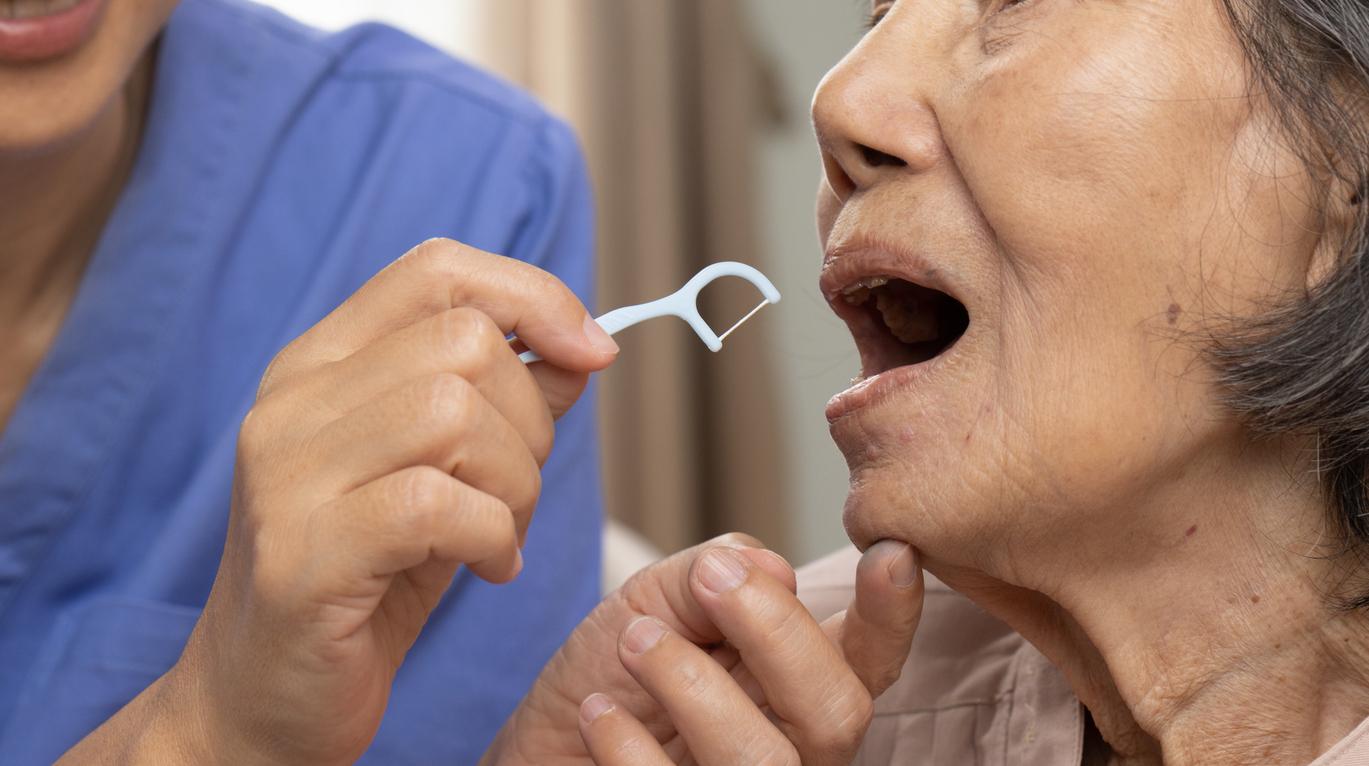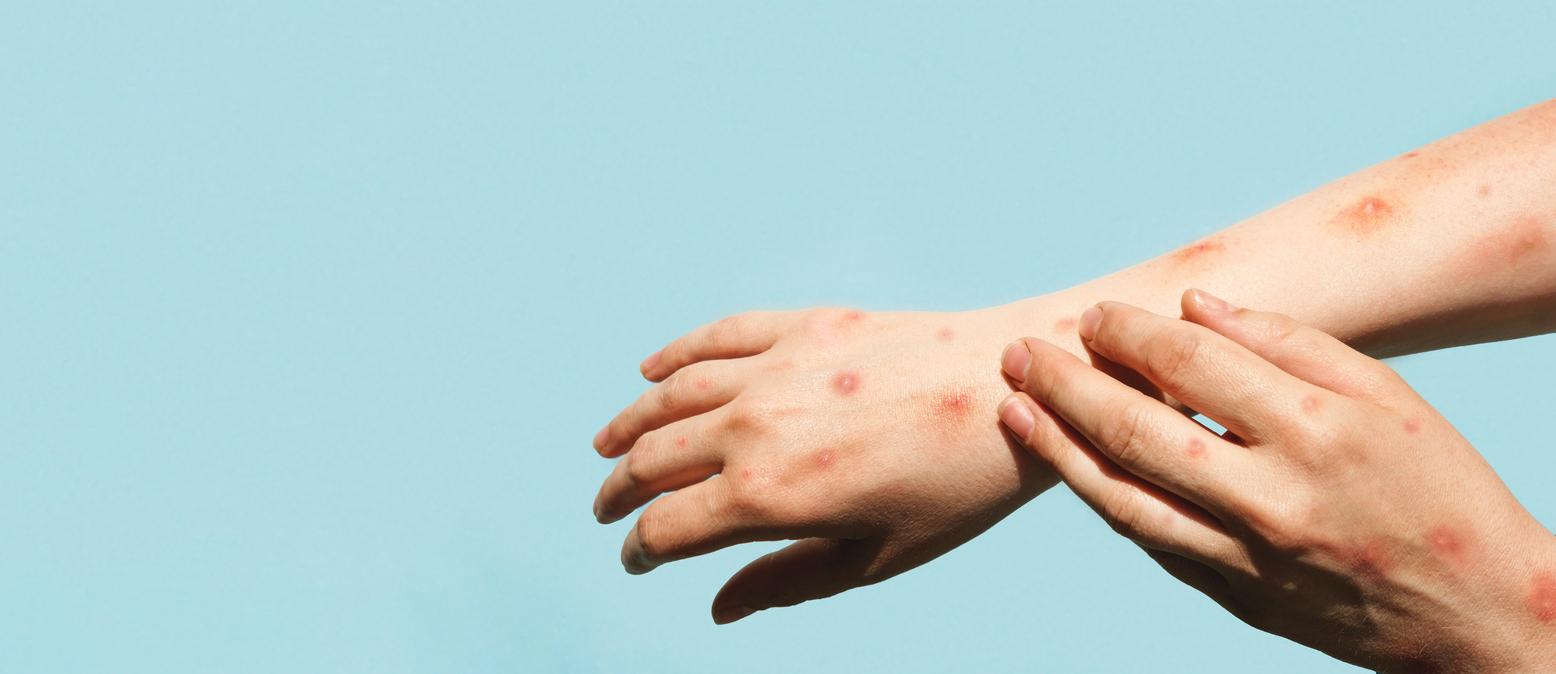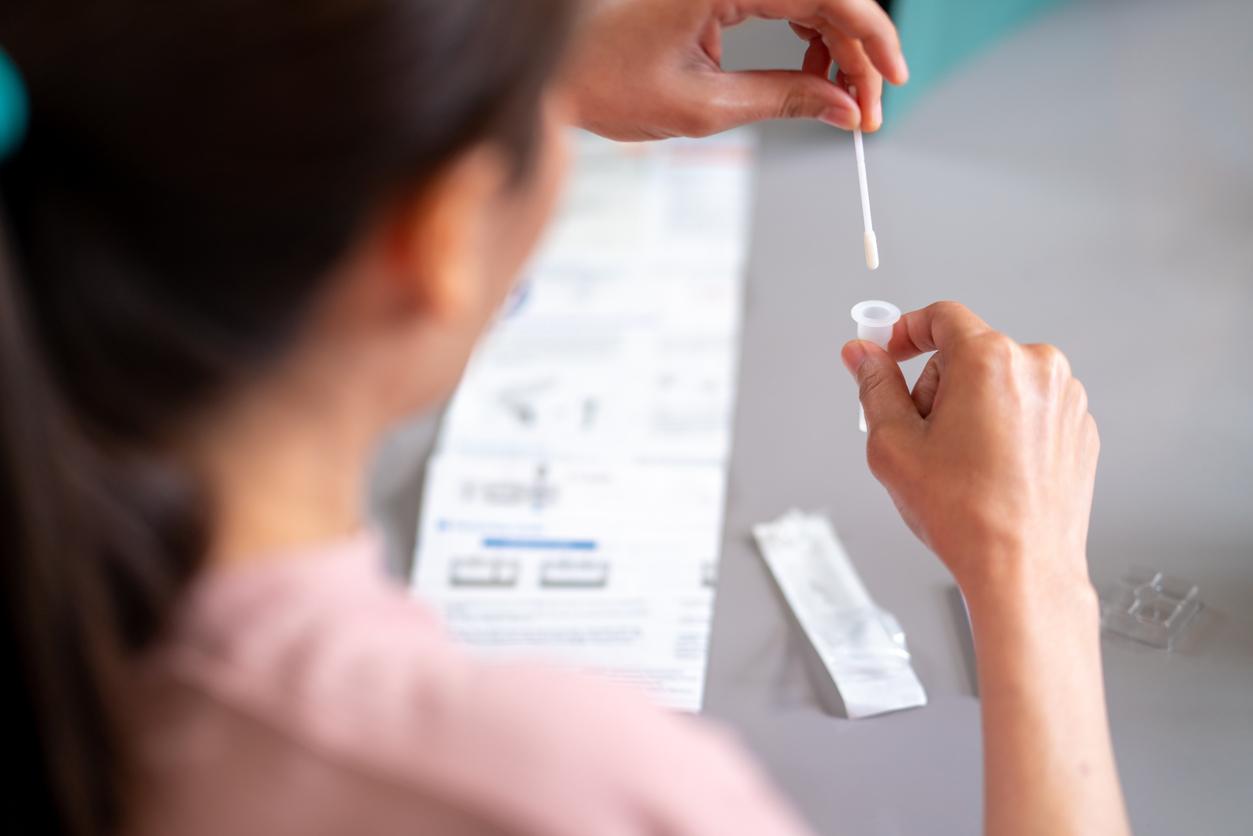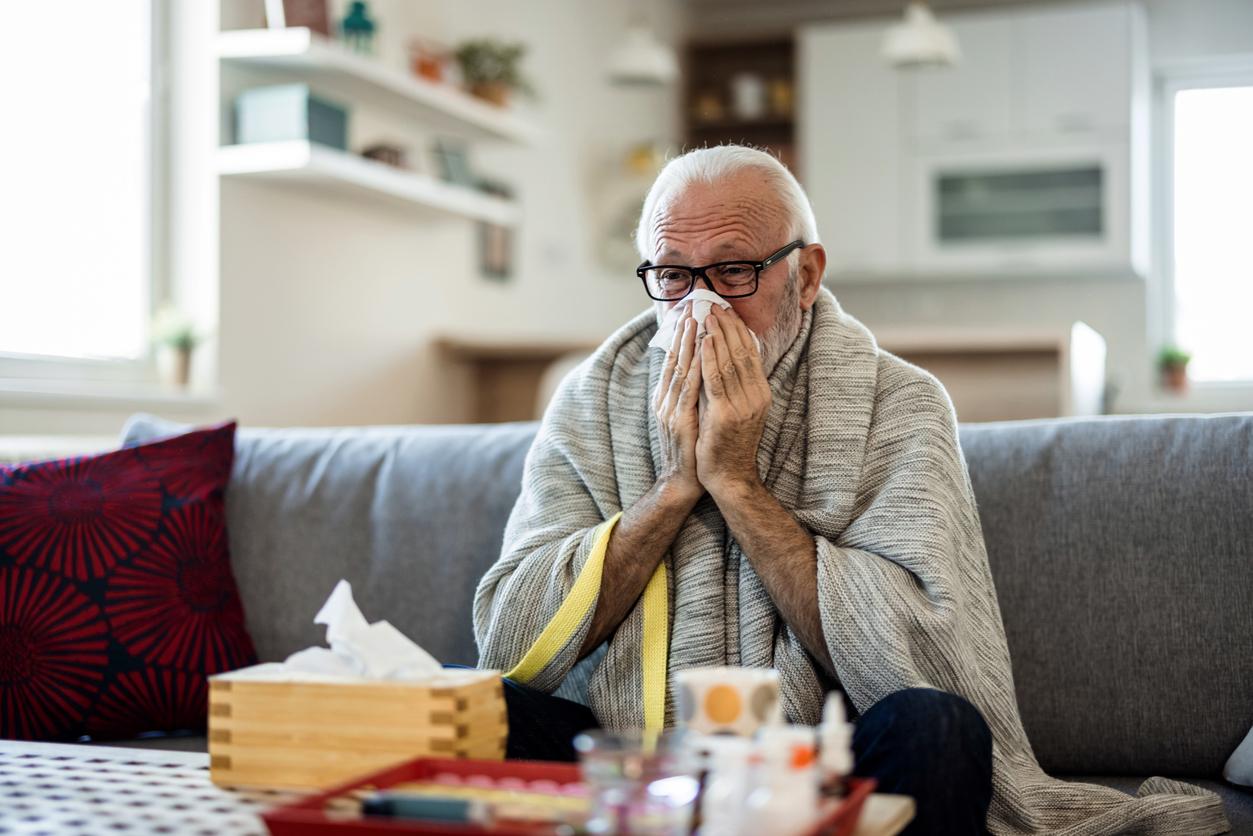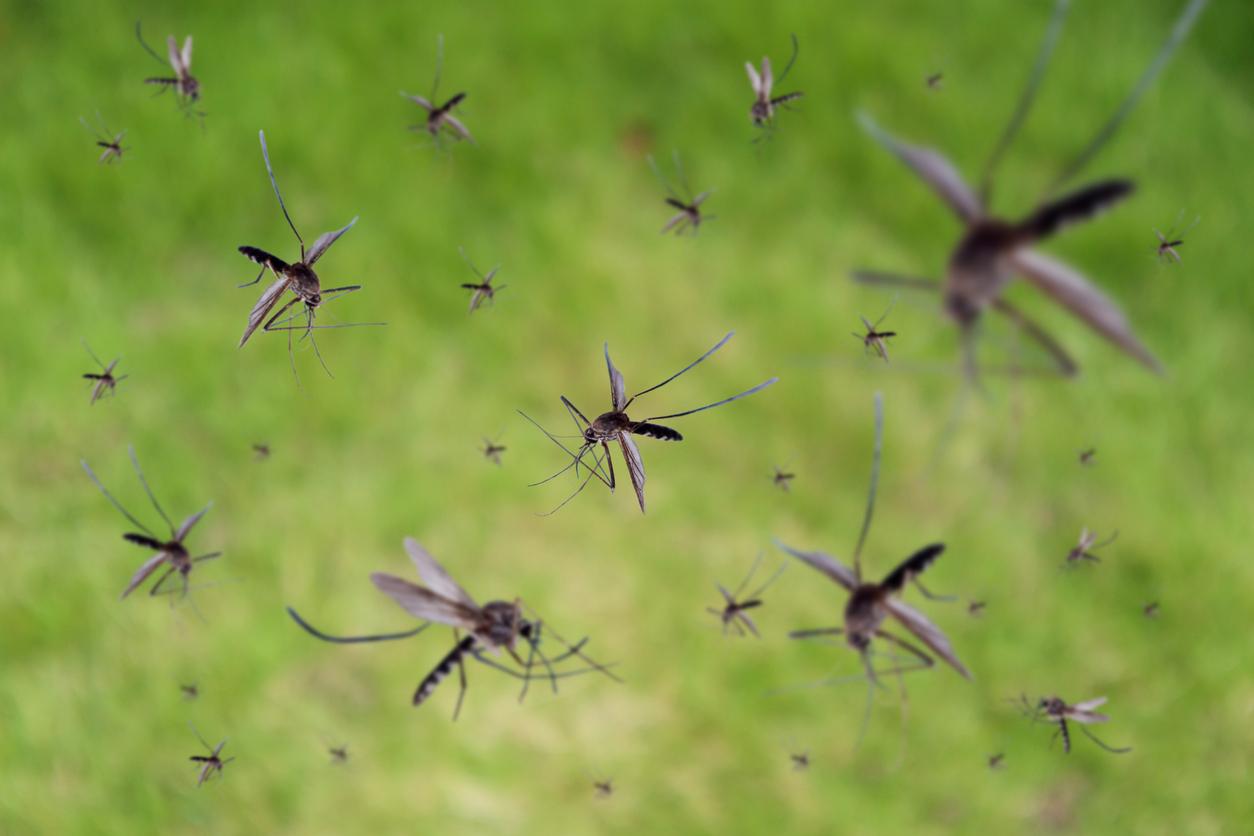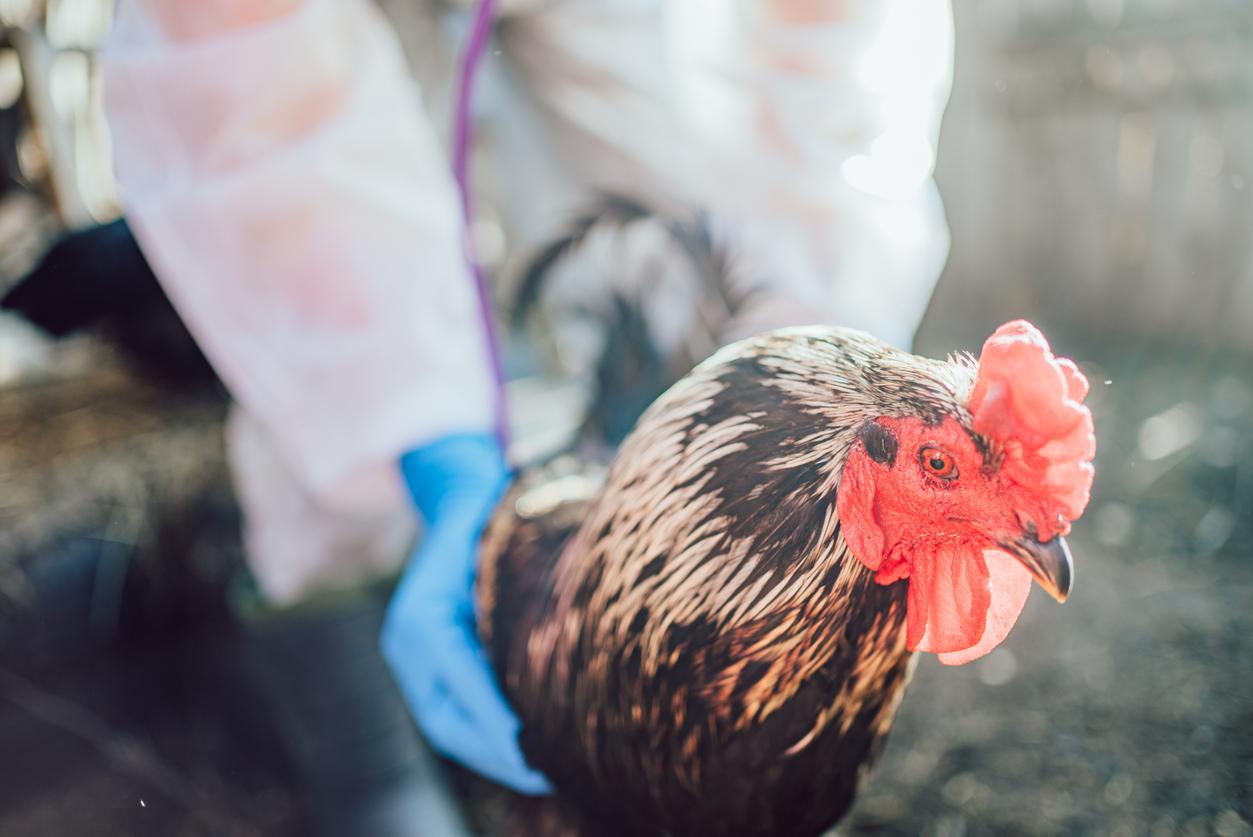According to the WHO, the Mpox epidemic is not comparable to that of the coronavirus because of the wealth of knowledge available about the virus and how to control its spread, including vaccination, which it recommends intensifying.
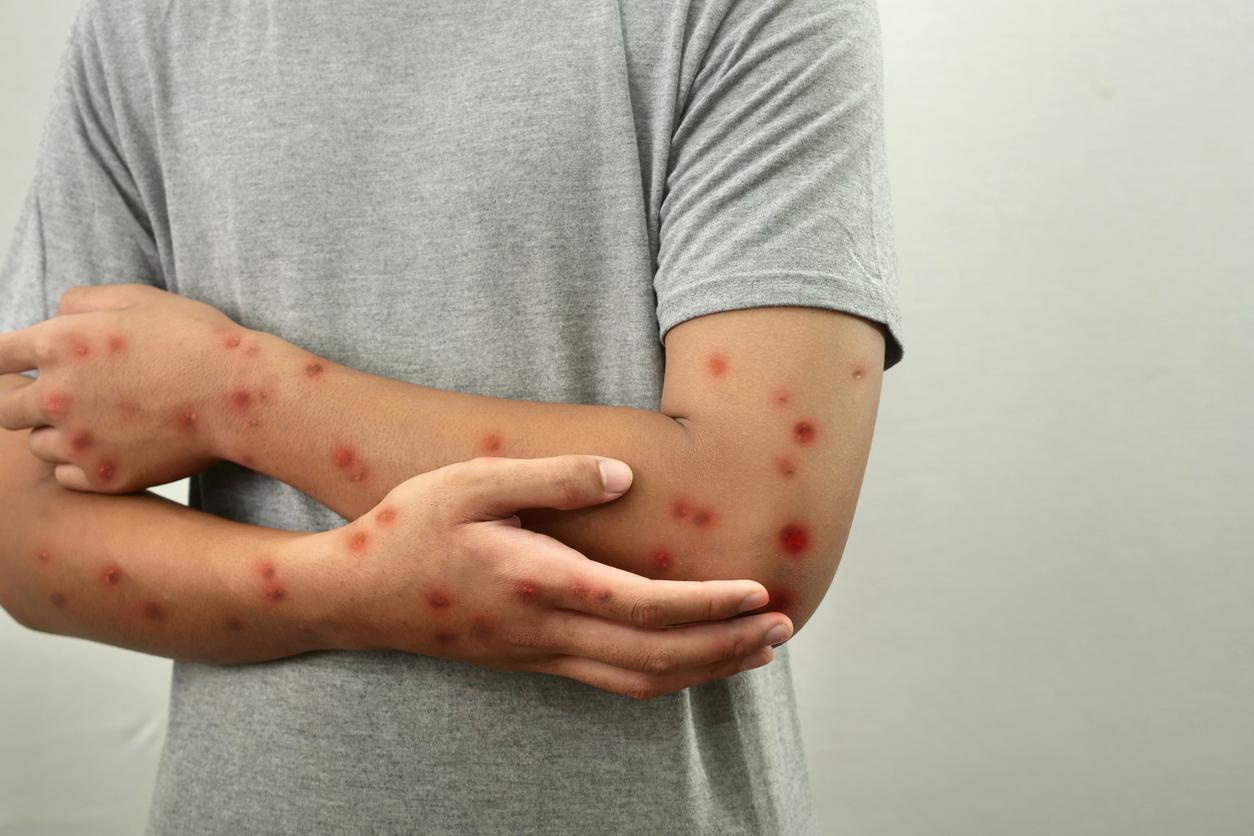
- The Mpox epidemic “is not the new Covid-19”, reassured Hans Kluge, Europe director of the World Health Organization.
- The health authority recommended launching vaccination for targeted people at high risk of infection in affected countries “including, but not limited to, the Democratic Republic of Congo, Burundi, Kenya, Rwanda and Uganda.”
- In France, the Pasteur Institute has triggered its protocol which allows it to test patients presenting symptoms suggestive of Mpox and has declared itself ready to “vaccinate within its walls.”
On August 14, the World Health Organization declared its highest alert level due to a resurgence of monkeypox cases worldwide, particularly in African countries. However, Hans KlugeEurope director of the health authority, wanted to reassure, on August 20, on the Mpox epidemic (for Monkeypox) which “is not the new Covid-19.” He assured that the risk to the general population was low and that European citizens would not have to confine themselves as was the case during the pandemic in 2020.
“We already know a lot about Mpox” whose spread “can be controlled”
“Although further research is needed on the Clade 1b strain, the spread of the virus can be controlled, as much is already known about Mpox. (…) We know how to control Mpox and, in the European region, we know the measures needed to completely eliminate its transmission,” continued the WHO Europe Director. In detail, he explained that rigorous surveillance, investigation of contacts of cases, behavioral changes in affected communities and vaccination have all contributed to controlling the epidemic. “We do not recommend mass vaccination. We recommend using vaccines in epidemic contexts for the most at-risk groups”said Tarik Jasarevic, spokesman for the organization.
Indeed, the health authority has recently recommended initiating vaccination for targeted individuals at high risk of infection (e.g. contacts of cases, including sexual contacts, children, health workers and caregivers) in countries experiencing an outbreak of monkeypox cases. These are “including, but not limited to, the Democratic Republic of the Congo, Burundi, Kenya, Rwanda and Uganda.” As a reminder, two vaccines against Mpox have been used in recent years: MVA-BN, produced by the Danish drugmaker Bavarian Nordic, and the Japanese LC16. There is also ACAM2000, a second-generation smallpox vaccine approved in the United States.

Mpox: the Pasteur Institute is ready “to test and vaccinate”
In France, after the French government placed the French health system on maximum alert on August 16, the Pasteur Institute announced that it was ready “to be tested and vaccinated. Since this weekend, after activation by the Directorate General of Health (DGS), the Emergency Biological Intervention Unit (CIBU) of the Pasteur Institute has been analyzing, at the request of the health authorities, suspect samples taken in Parisian hospitals or at the Pasteur Institute Medical Center (CMIP) to establish a diagnosis of Mpox.”
The Pasteur Institute Medical Center has also triggered its internal protocol allowing it to test patients with symptoms suggestive of Mpox who present for consultation under optimal safety conditions. It is also available to the health authorities for “vaccinate within its walls all people from the populations targeted by the health recommendations currently being re-evaluated”, can we read in a press release.




